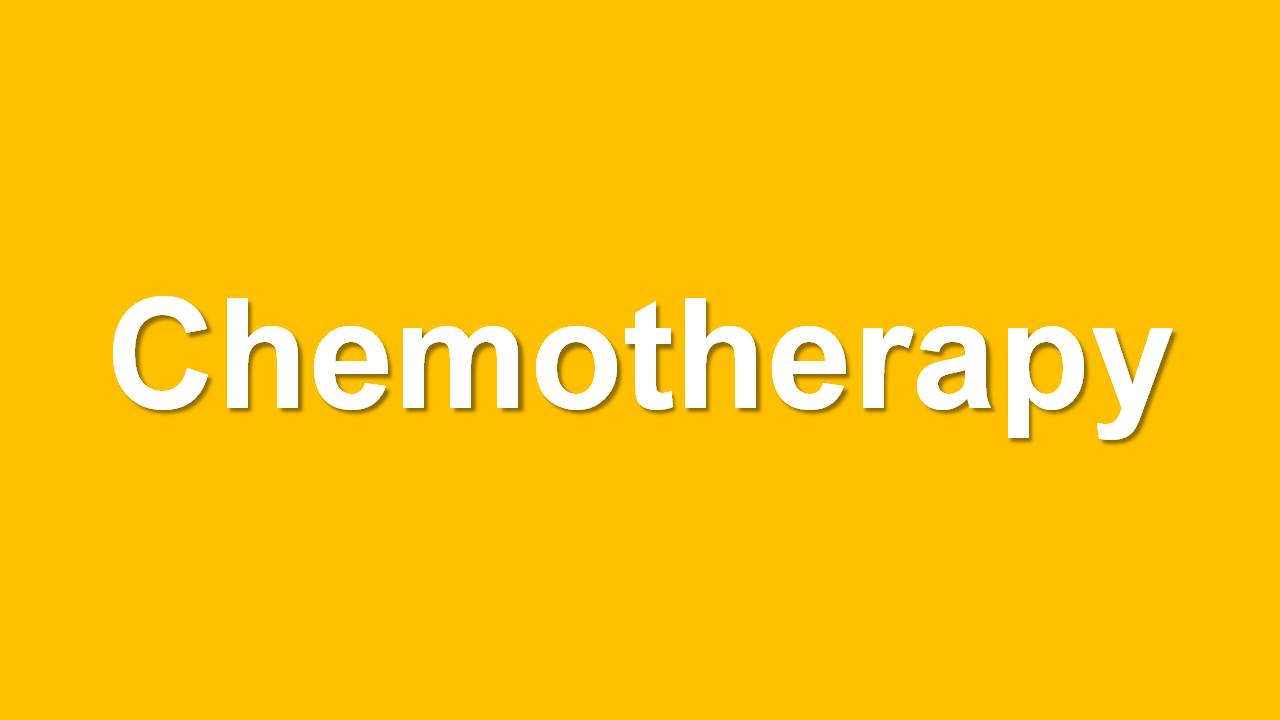Chemotherapy
Home > Radiation Protection and Quality Assurance >Environmental Protection > Toxic or Hazardous Material > Chemotherapy
Can we please get your advice on this one question?
Our cells in our body grow and die in a very well controlled way. In event of cancer this controlled mechanism becomes abrupt. Chemotherapy is drug therapy that can kill these cells or stop them from multiplying. However, it can also harm healthy cells, which causes side effects. During the chemotherapy some patients may have no side effects or just a few. The side effects will be depending on the dose quantity and adaptability of the drug. Side effects are different for different drugs but, usually side effects are nausea, vomiting, tiredness, pain and hair loss. Healthy cells usually recover after chemotherapy, so most side effects gradually go away. The course of therapy will depend on the cancer type, the chemotherapy drugs used, the treatment goal and how the patient body responds. Treatment cycles will vary sometimes every day, every week or every month. Gap between the cycles also recommended, so that your body has a chance to build new healthy cells. The mode of delivery the drug in patient’s body might be by mouth, in a shot or intravenously.
The majority of chemotherapeutic drugs can be separated in to alkylating agents, antimetabolites, anthracyclines, plant alkaloids, topoisomerase inhibitors, and other antitumor agents. All of these drugs affect the cancer cell division or DNA synthesis and function in some way. Some newer agents do not directly interfere with DNA. These include monoclonal antibodies and the new tyrosine kinase inhibitors, which directly targets a molecular abnormality in certain types of cancer (Gastrointestinal stromal tumours). These are examples of targeted therapies. In addition, some drugs that modify tumour cell behavior without directly attacking those cells may be used. Hormone treatments fall into this classification.
Dosage of chemotherapy can be vary for different type of cancer . If the dose is too low, it will be ineffective against the tumour, whereas, at excessive doses, the toxicity (side-effects, tropenia) will be unbearable to the patient. This has led to the formation of detailed "dosing schemes" in most hospitals, which give guidance on the correct dose and adjustment in case of toxicity. In immunotherapy, they are in code used in smaller dosages than in the treatment of malignant diseases. In most cases, the dose is adjusted for the patient's body surface area, a measure that correlates with blood volume. The BSA is usually calculated with a mathematical formula using a patient's weight and height, rather than by direct measurement.
Questions:
1. The drugs for the chemotherapy will vary for different tumour or same?
a) It will vary
b) It will not vary
c) Both
d) None of these
Answer:
a) It will vary.
References:
1.http://www.cancerquest.org
2.http://www.nlm.nih.gov
3. http://en.wikipedia.org
Home > Radiation Protection and Quality Assurance >Environmental Protection > Toxic or Hazardous Material > Chemotherapy
FREE Infographic What successful people believe. What successful people do
Dictionary of Cancer Terms
Need help understanding a word? Here is an electronic resource that gives meaning to Cancer terms and their usage.

StrengthsFinder 2.0
